Businessuite Markets
During the year sales increased by 34% while pretax profits increased by 114% – Chong
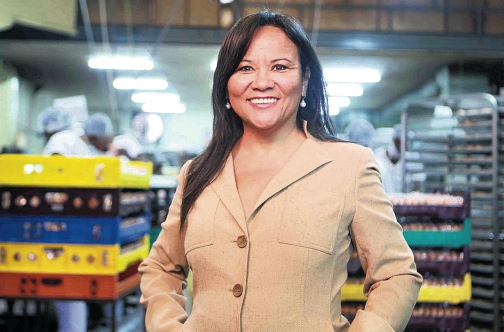
Businessuite Markets
GraceKennedy’s Balancing Act: Resilience, Revenue, and Remembrance
Businessuite Markets
Kingston Wharves Limited Acquires 27% of Cargo Handlers Limited
Businessuite Markets
Image Plus Consultants To Acquire Assets and Brand of The Woman’s Place
Businessuite Markets
GraceKennedy Financial Group Ownership Position in Key Insurance Will Increase To 98.9%.
Business Insights
Unilever’s Ice Cream Breakup: Why the World’s Biggest Ice Cream Maker Is Spinning Off Its Sweetest Business
In the Caribbean, consumers are unlikely to see immediate changes. Magnum, Cornetto, and Ben & Jerry’s will still be on shelves. But behind the scenes, distribution contracts, manufacturing strategies, and regional employment structures may evolve. For Unilever, it is one more step towards becoming a leaner consumer goods giant, one that believes future growth lies not in ice cream freezers but in personal care aisles and health cabinets.
-

 Businessuite News243 weeks ago
Businessuite News243 weeks agoJamaica Records US$2.4B in Earnings From 2.3 Million Visitor Arrivals Since Start of 2025
-

 Businessuite Women4 weeks ago
Businessuite Women4 weeks agoData Mavericks of the Caribbean: Raquel Seville & Dataffluent’s Visionary Rise
-

 Businessuite Markets4 weeks ago
Businessuite Markets4 weeks agoBusinessuite Cover Story: Wigton’s Bold Bet – Could Tropical Battery Be the Key to Its Caribbean Clean Energy Empire?
-

 Business Insights3 weeks ago
Business Insights3 weeks agoUnilever’s Ice Cream Breakup: Why the World’s Biggest Ice Cream Maker Is Spinning Off Its Sweetest Business
-

 Businessuite Markets4 weeks ago
Businessuite Markets4 weeks agoKintyre Holdings Actively Pursuing Funding To Support Expansion Of Visual Vibe
-
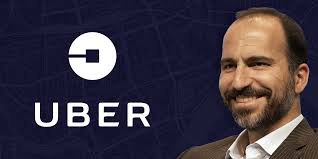
 Businessuite News243 weeks ago
Businessuite News243 weeks agoJamaica Market Entry via Acquisition: Uber Eats’ Potential Playbook
-

 Business Insights3 weeks ago
Business Insights3 weeks agoJamaica, Is Uber Eats Coming Soon?
-

 Businessuite News244 weeks ago
Businessuite News244 weeks agoScores of Entrepreneurs Display Jamaican-Made Products at ‘Christmas in July’ Trade Show




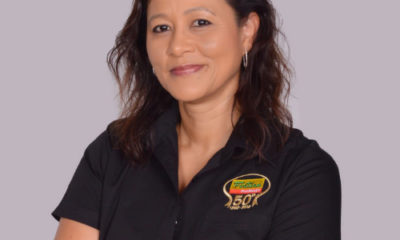



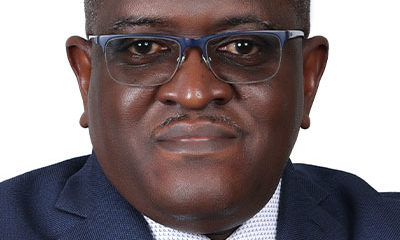

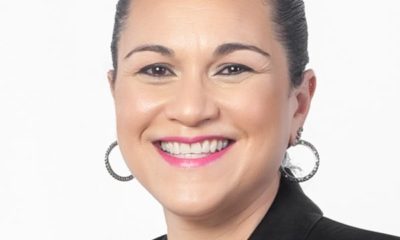

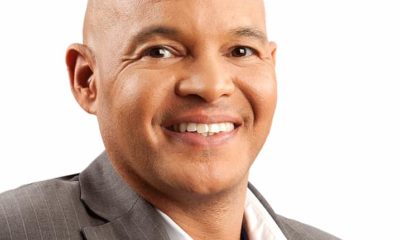


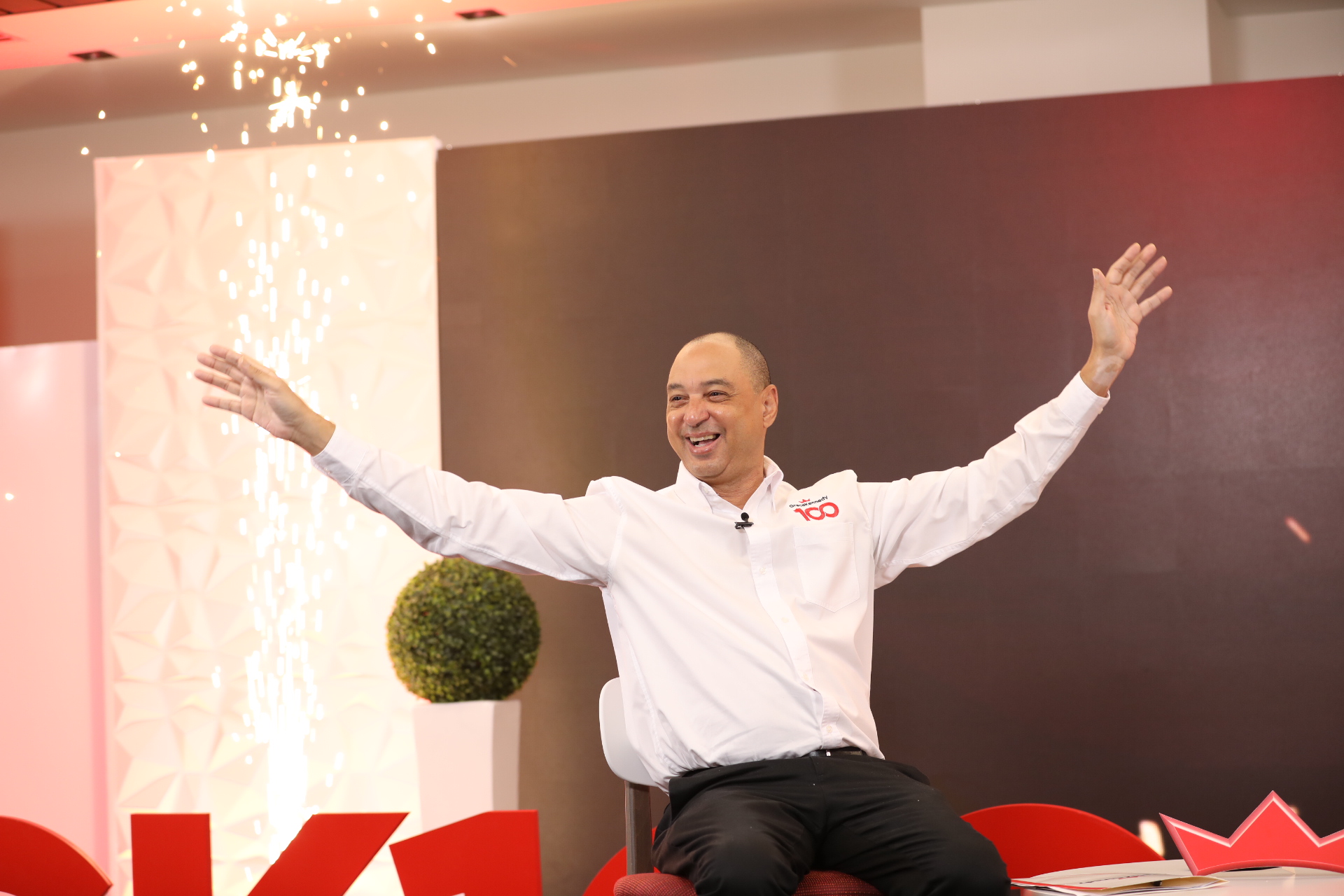 The quarter was marked by the loss of former Group CEO Don Wehby, OJ, whose vision and leadership helped shape GraceKennedy into a global force. The company paid tribute to his legacy while also formally introducing new Group CEO Frank James during its Annual General Meeting in May.
The quarter was marked by the loss of former Group CEO Don Wehby, OJ, whose vision and leadership helped shape GraceKennedy into a global force. The company paid tribute to his legacy while also formally introducing new Group CEO Frank James during its Annual General Meeting in May.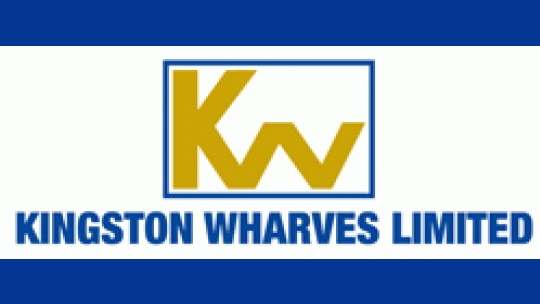
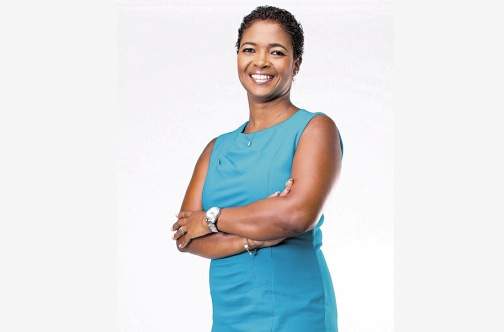
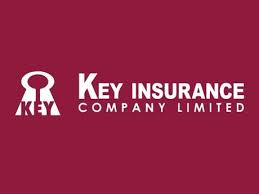
 Unilever’s decision to separate its global ice cream business marks a turning point for the British-Dutch consumer goods giant, ending a long chapter defined by household brands like Magnum, Ben & Jerry’s, and Wall’s. For Caribbean markets, including Jamaica and Trinidad where Unilever’s ice cream presence has been part of local summers for decades, the announcement signals more than just a corporate restructuring – it reveals how major multinationals are rethinking their portfolios in an era where margins matter as much as market share.
Unilever’s decision to separate its global ice cream business marks a turning point for the British-Dutch consumer goods giant, ending a long chapter defined by household brands like Magnum, Ben & Jerry’s, and Wall’s. For Caribbean markets, including Jamaica and Trinidad where Unilever’s ice cream presence has been part of local summers for decades, the announcement signals more than just a corporate restructuring – it reveals how major multinationals are rethinking their portfolios in an era where margins matter as much as market share.




